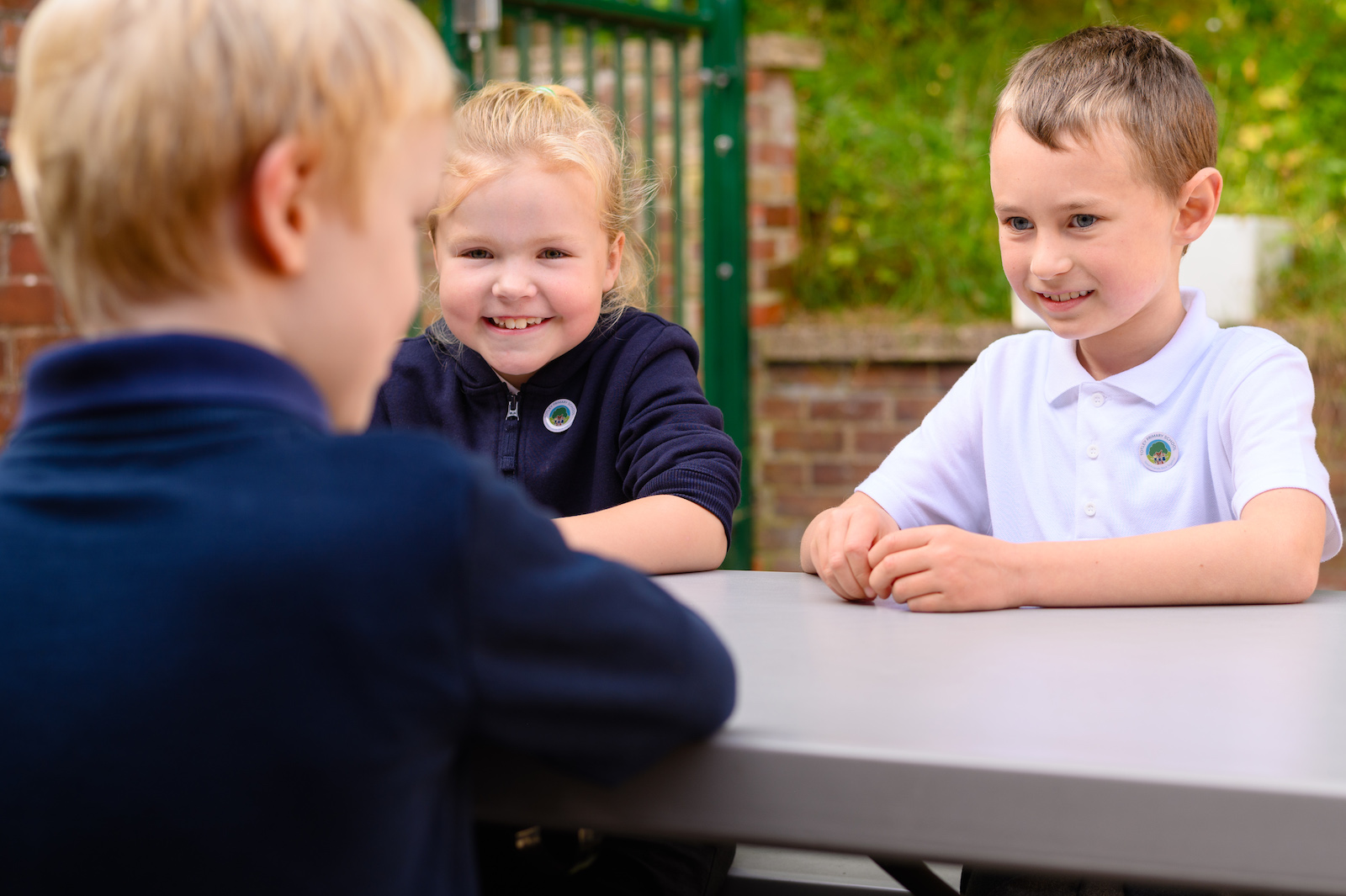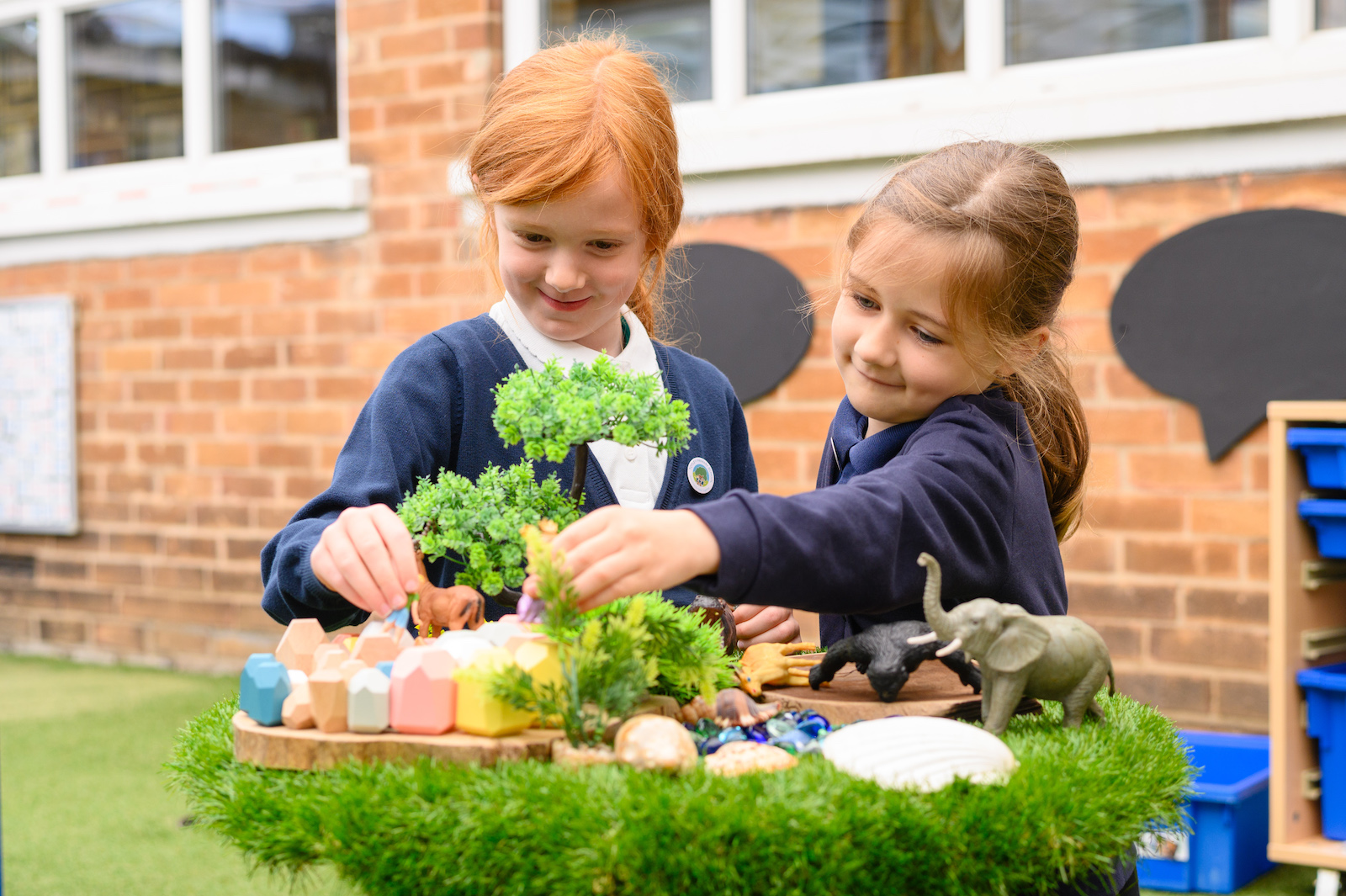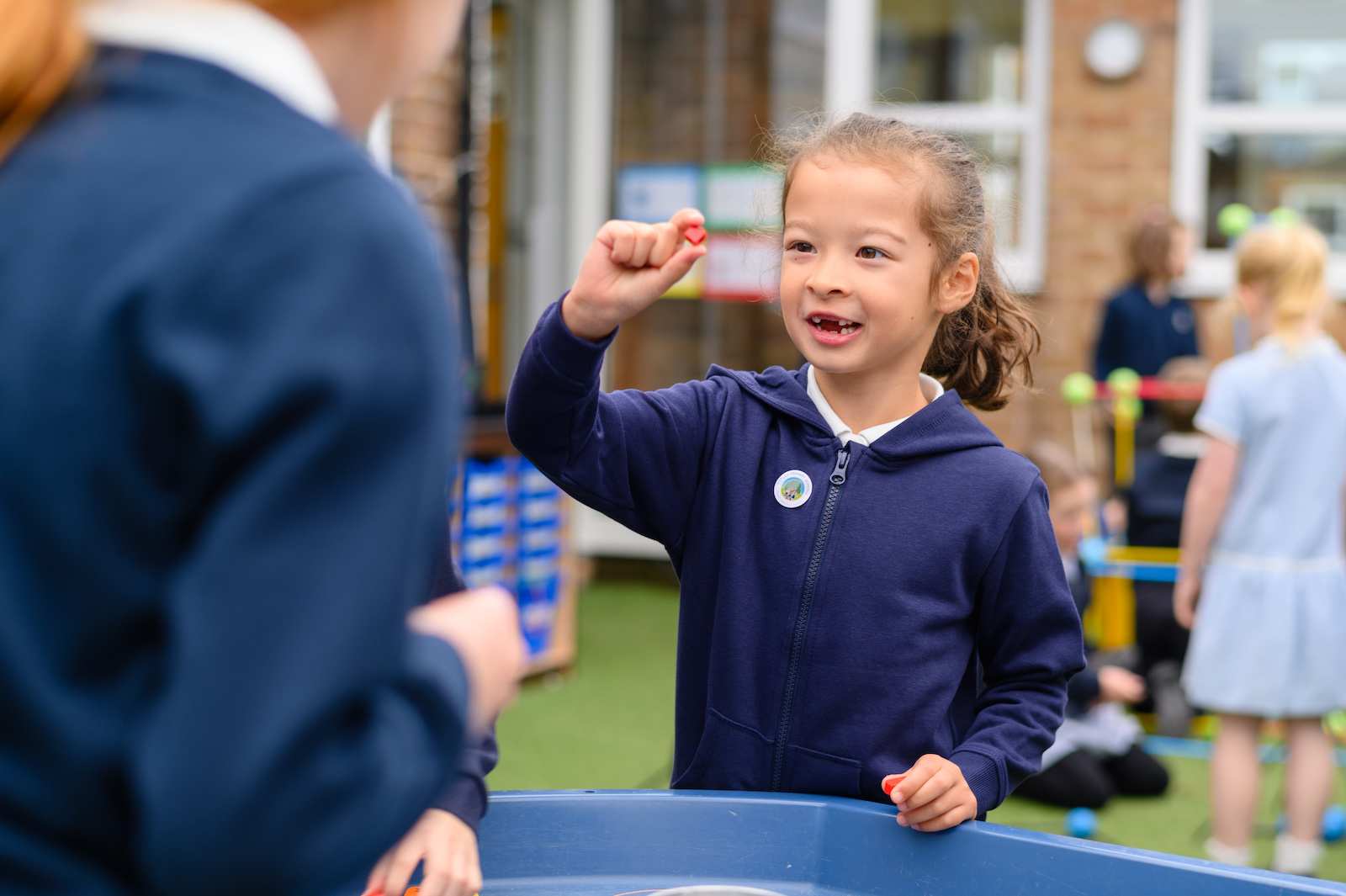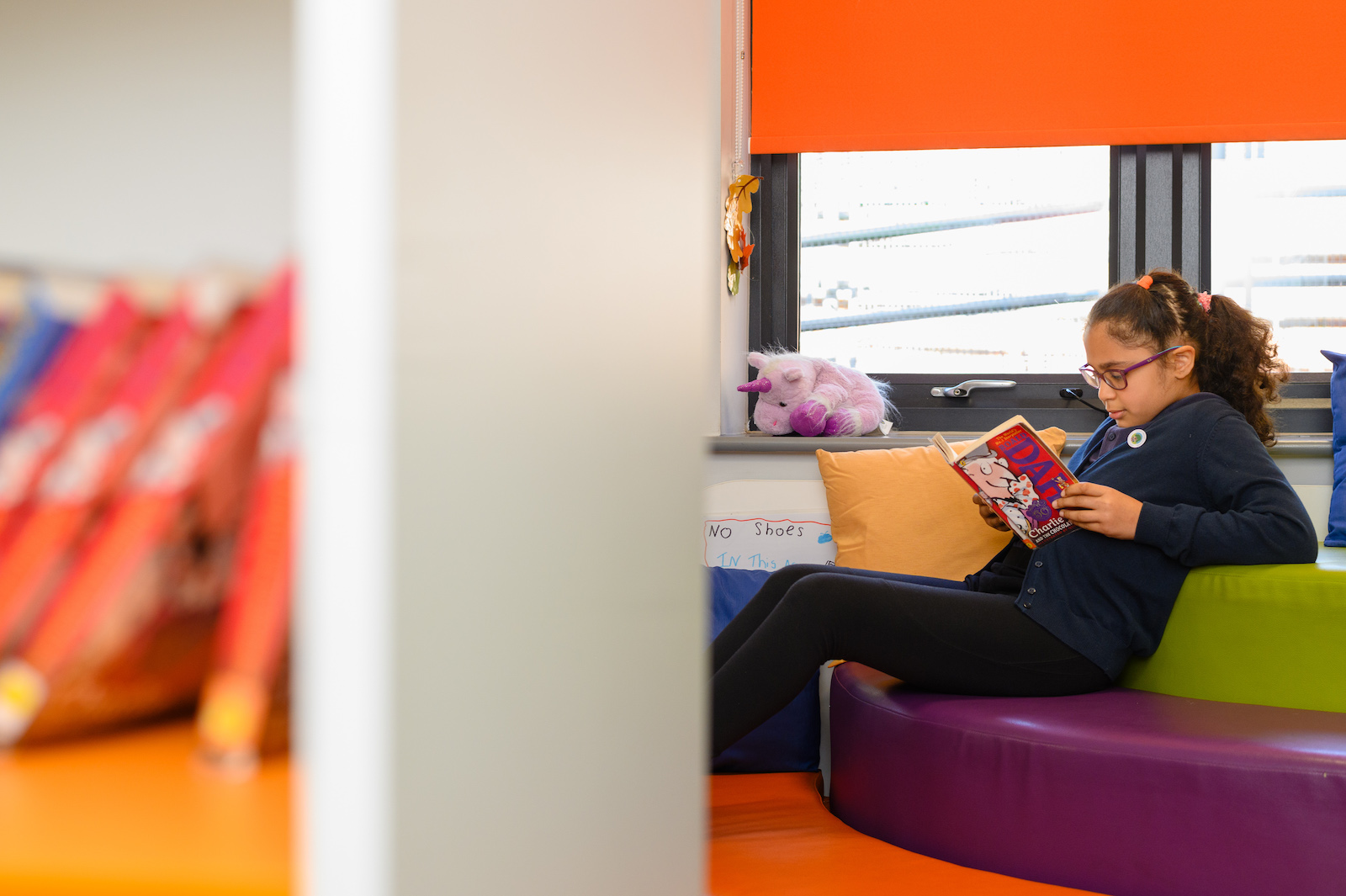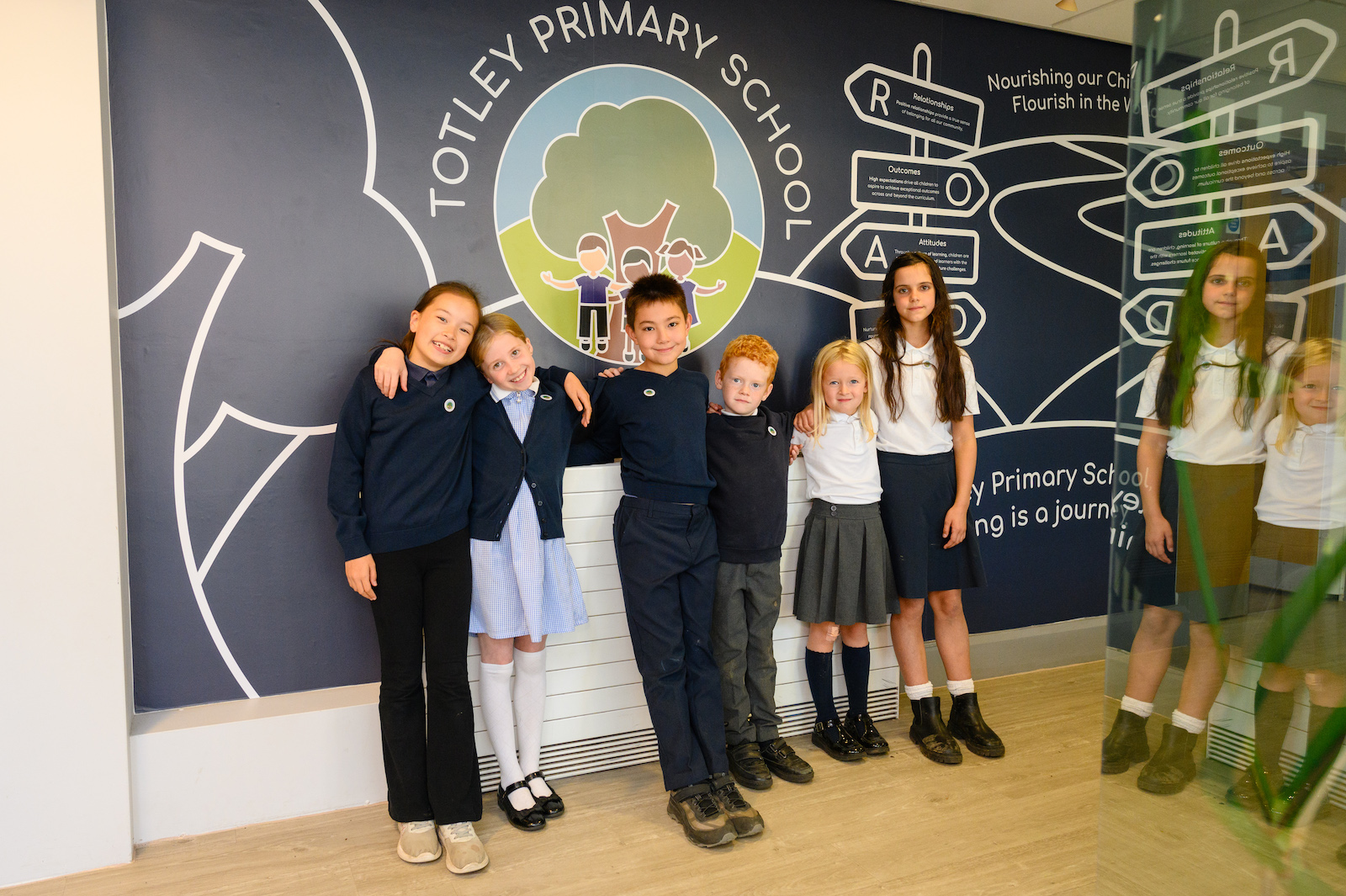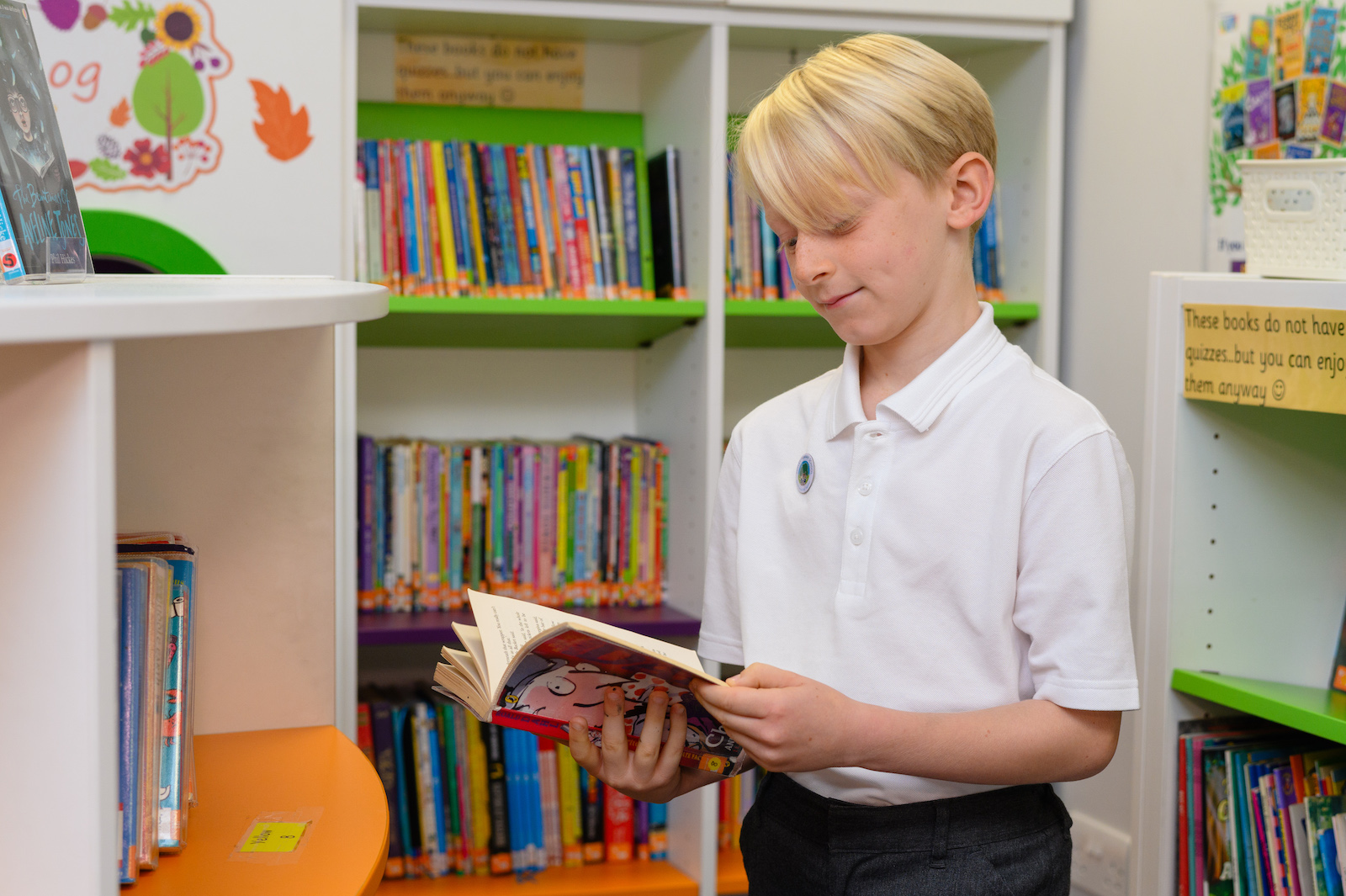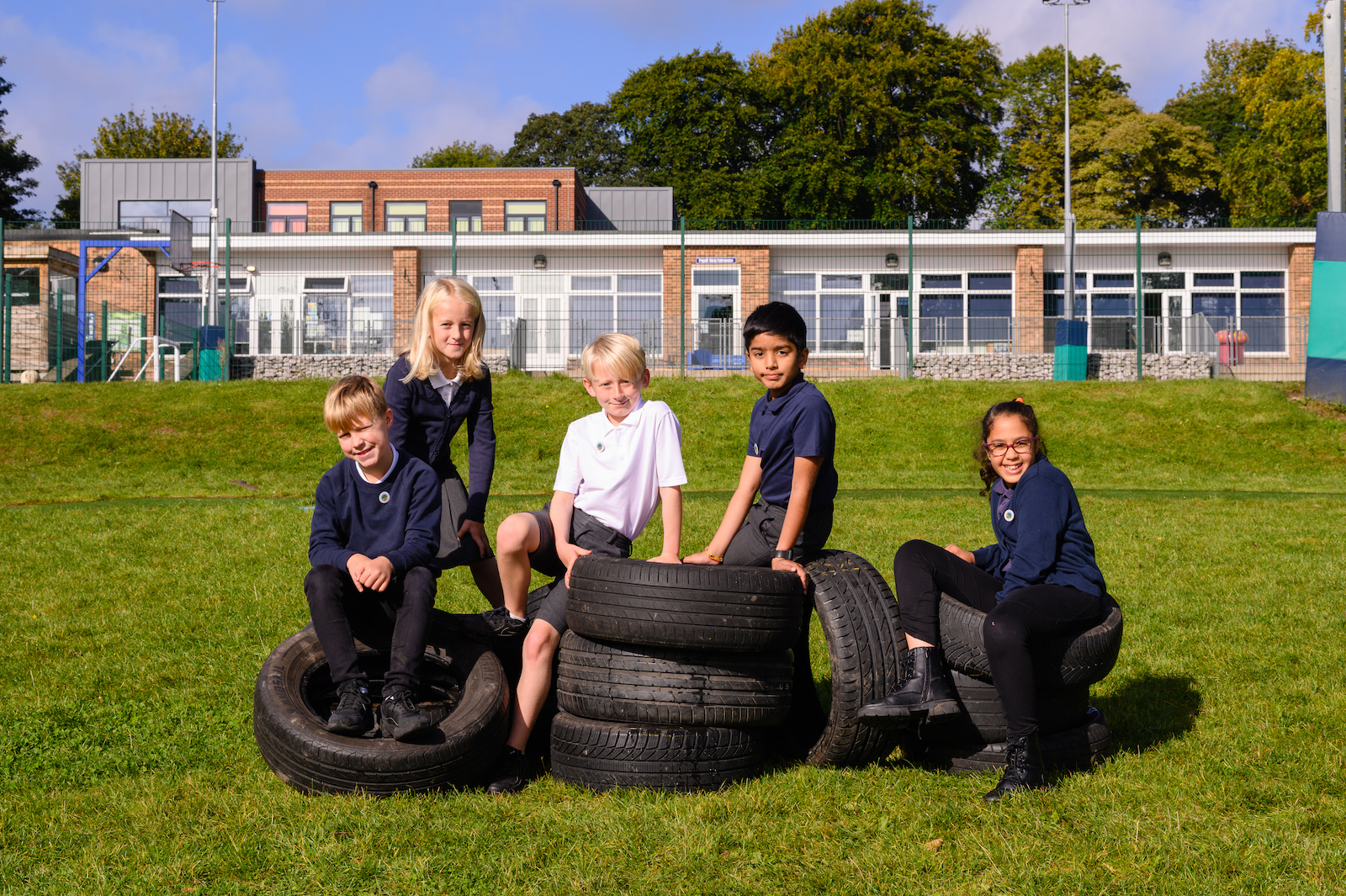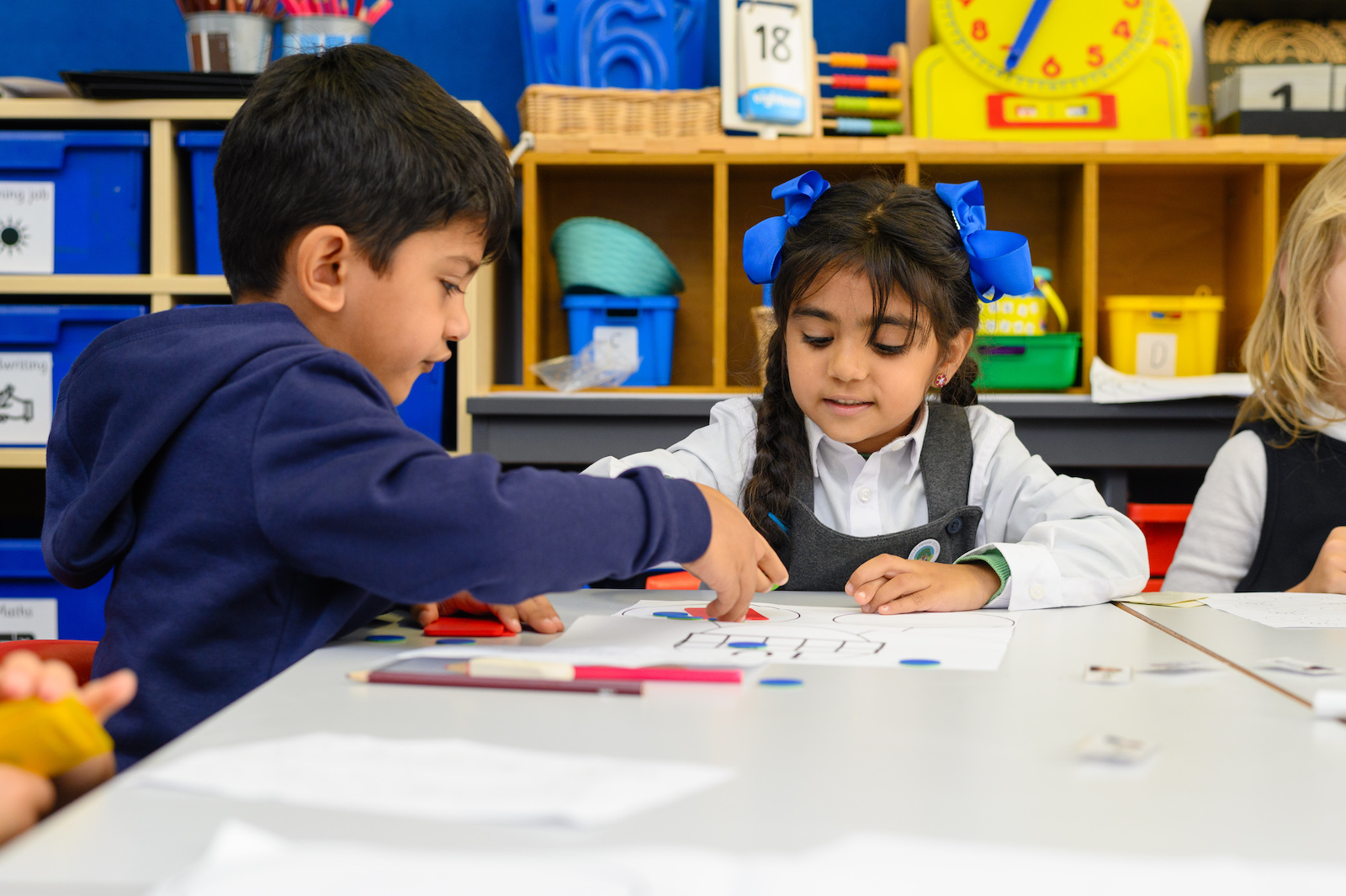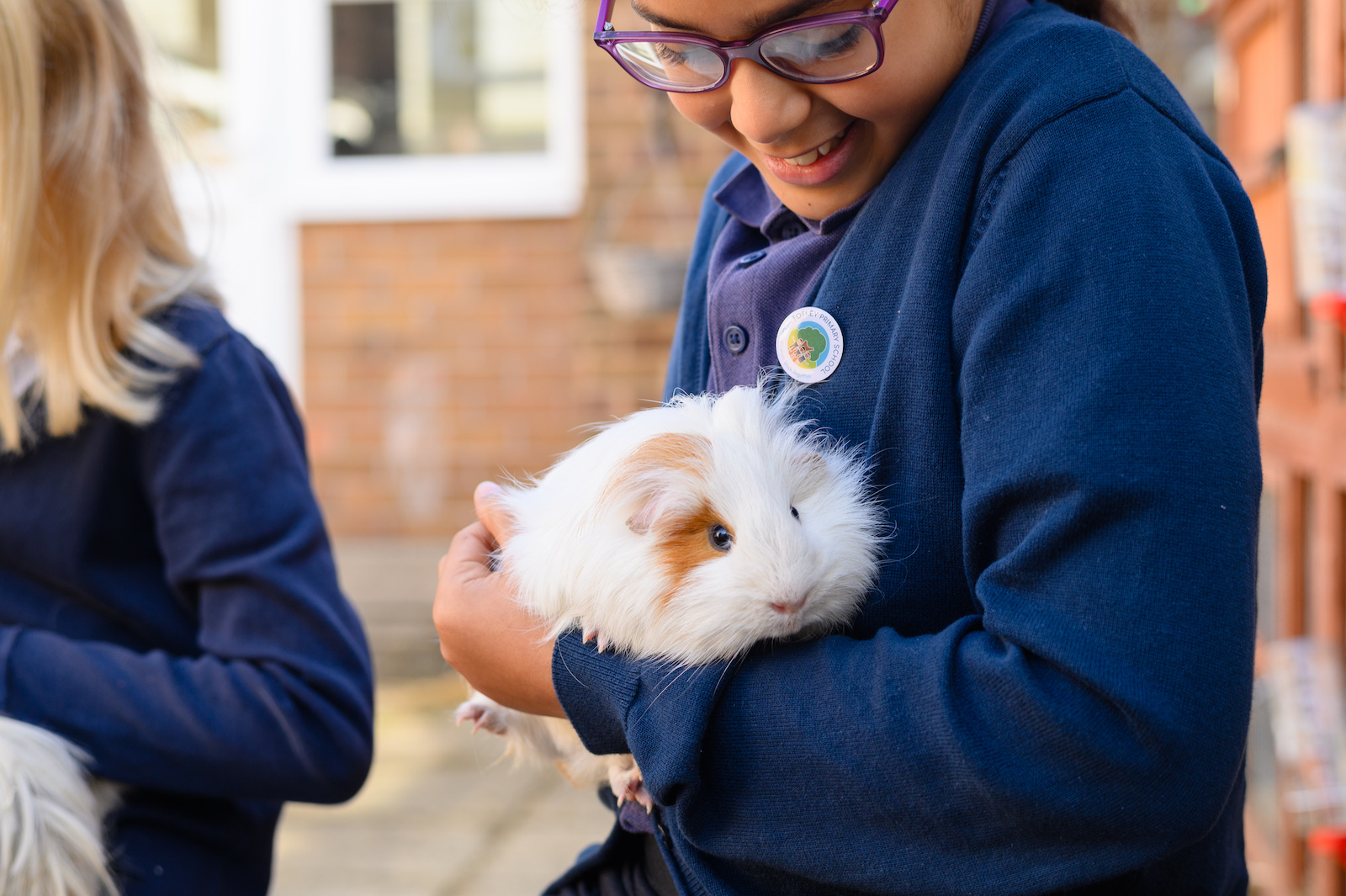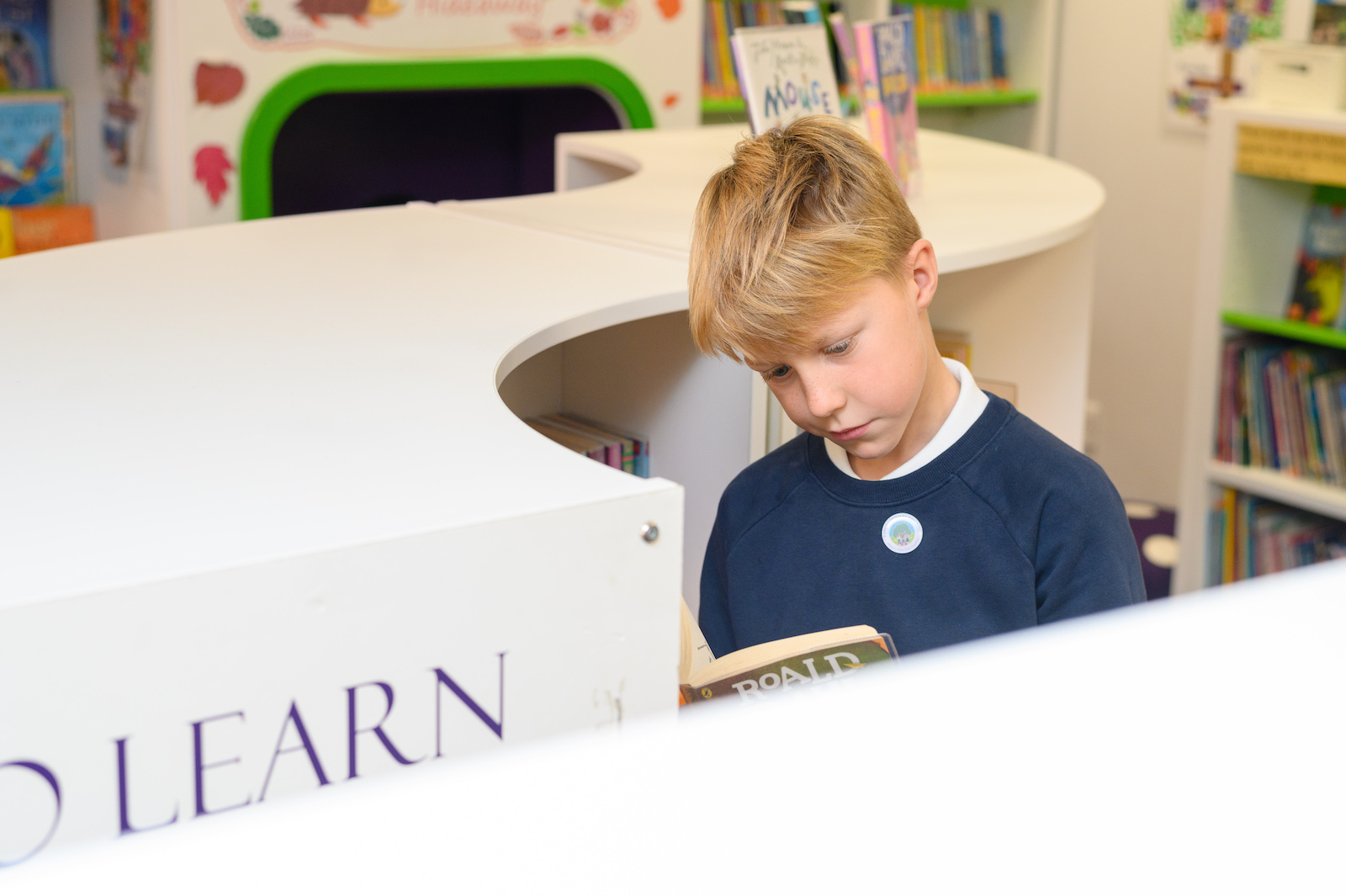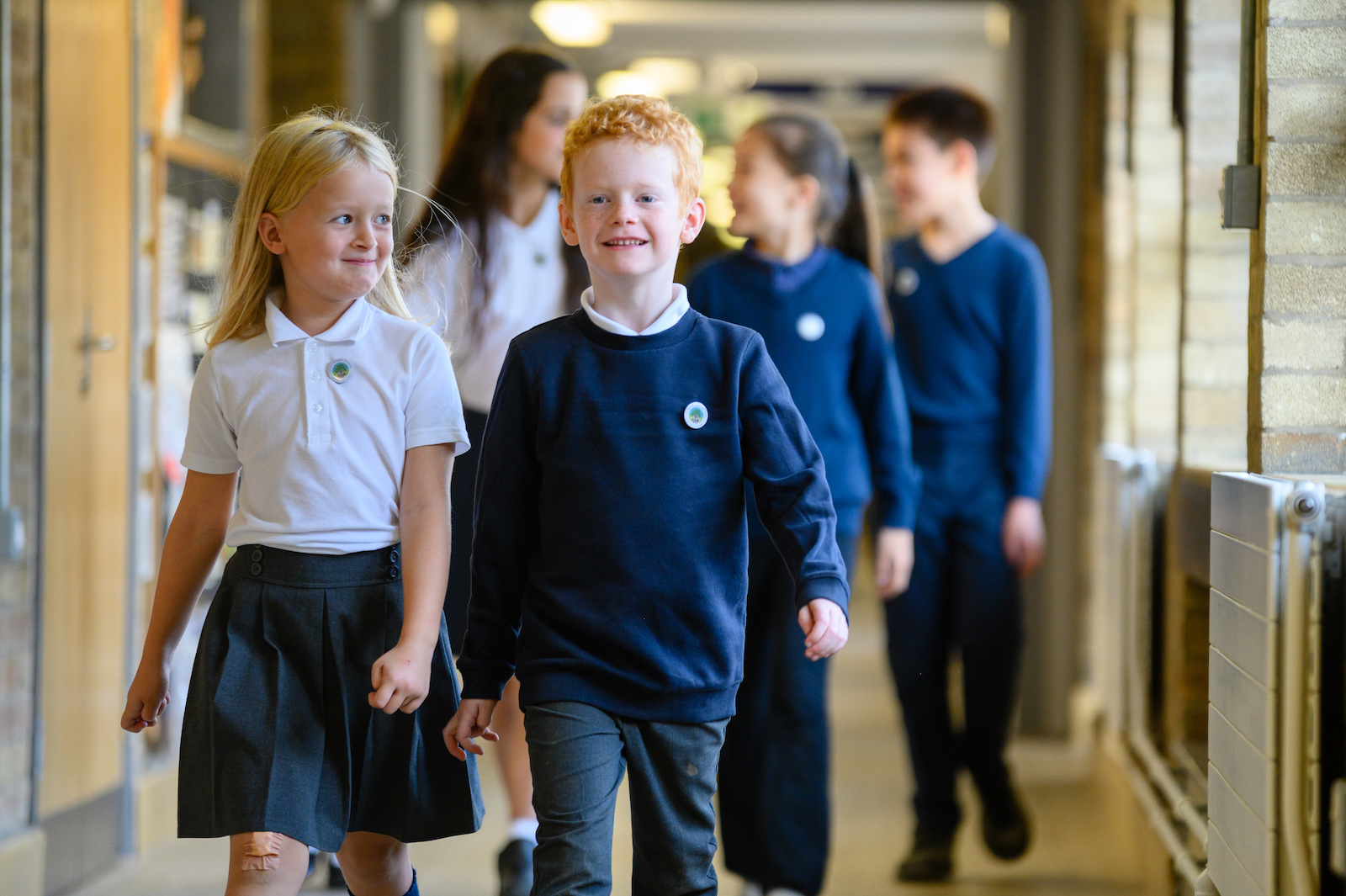Science
Intent
- To instil a lifelong love of science, encouraging a positive attitude and disposition to learn.
- To give children the opportunity to master scientific knowledge and enquiry skills that they need to be successful, confident scientists and to support their future learning.
- To allow children to develop their curiosity and understanding of the world around them through practical and engaging lessons which are sequenced and taught in context with strong curriculum links.
- To ensure our science curriculum is inspirational and relevant.
- To implement a curriculum which matches the National Curriculum in breadth and depth, which we recognise as an ambitious curriculum.
- The curriculum has been designed to ensure knowledge progression for chemistry, biology and physics, matching the expectations of the National Curriculum, so that all pupils are competent scientists by the time they leave Totley Primary School. It builds on the firm foundation of knowledge and understanding of the world from the EYFS curriculum.
Implementation
- Children's knowledge of core scientific concepts grows over their journey through school because we revisit and build on prior learning in order to develop an increasing complex and interconnected understanding.
- We know spaced learning helps to make learning stick. Therefore, learning is deliberately sequenced within and between year groups to allow children the opportunity to build on prior learning in a coherent journey. Series of lessons are cumulative.
- Science is taught weekly as we know that for learning to stick, we must allocate adequate curriculum time in order to consolidate and deepen learning. Retrieval practice is systematic in order to recall useful prior learning and to commit learning to long term memory.
- Children Ask, Enquire and Communicate in every lesson to discover or apply scientific knowledge. We have identified and sequenced the skills of being a scientist for each year group. In each lesson, we deliberately teach the most relevant scientific skill and in response to the learning needs teachers identify.
- The vocabulary of scientific skills and knowledge is taught to enable children to articulate their learning. Each learning journey has a glossary of words which teachers explicitly teach.
- We enrich science through purposeful and exciting opportunities, such as workshops and visitors. Each learning journey also identifies a significant scientist who illustrate the development of scientific knowledge over time.
Impact
- Children know more and remember more as increasingly competent scientists.
- We check the impact of our science curriculum through assessment at the end of each journey. We have defined end points (what children will know, understand and be able to do) for each learning journey and identified assessment opportunities. Teachers work together to moderate children's learning and identify those children who are not keeping pace with the curriculum. Actions are identified in order to close the gaps in children knowledge and understanding (such as reshaping subsequent teaching, adapting retrieval practice, scaffolding learning or through intervention). Assessment of learning is an important part of transition conversations between year groups.
- Children enjoy science and take pride in their work as is evident in the presentation shown in their books and the enthusiasm they show for science.
- Children understand the relevance and importance of their learning.
- Nearly all pupils leave Totley Primary School with at least the expected level of science knowledge and skills.

